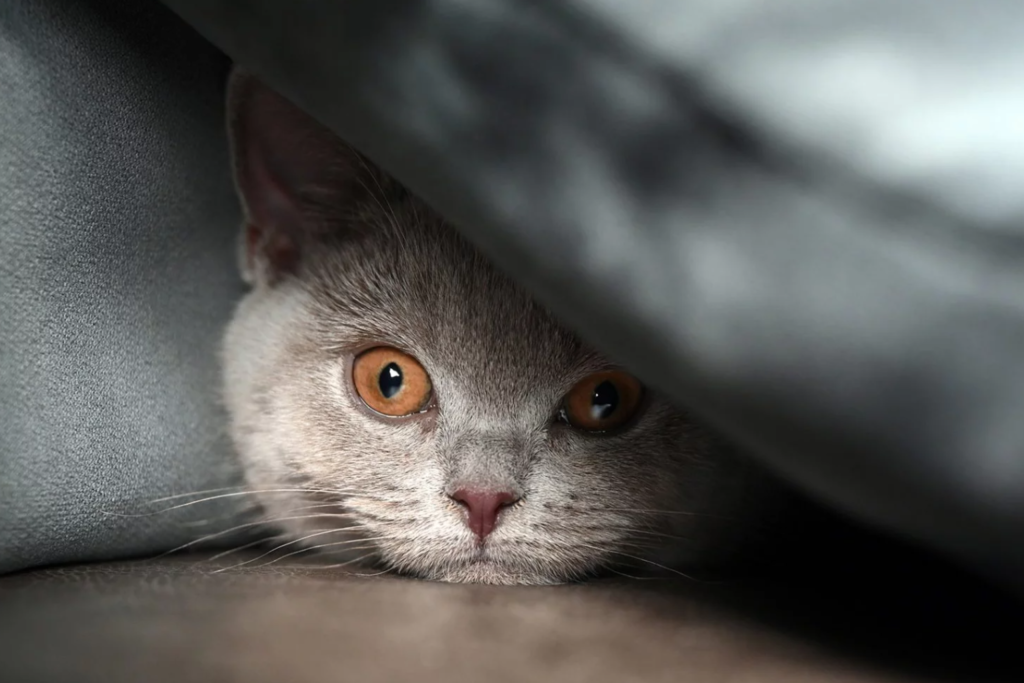Signs of Illness in Cats: Could your cat be sick? It can be difficult to tell if subtle changes in your cat indicate a health problem. Cats are very good at hiding the fact that they are sick. This is because in the wild, they can protect themselves from predators or other cats that might pose a threat to them.
Today's house cat has the same tendency to avoid vulnerability, even when the only potential threat is the other house cat. Even if they are the only pet in the house, they are still driven by the instinct for self-preservation. There's another reason why cats and many other animals are less likely to show pain or illness: They have no emotional connection to their discomfort.
Animals tend to accept pain or illness as the new normal and move on. It may not be until they are extremely ill that their illness becomes obvious to humans. In this article, we'll take a closer look at the signs of illness in cats and what to look out for. Read on to find out!
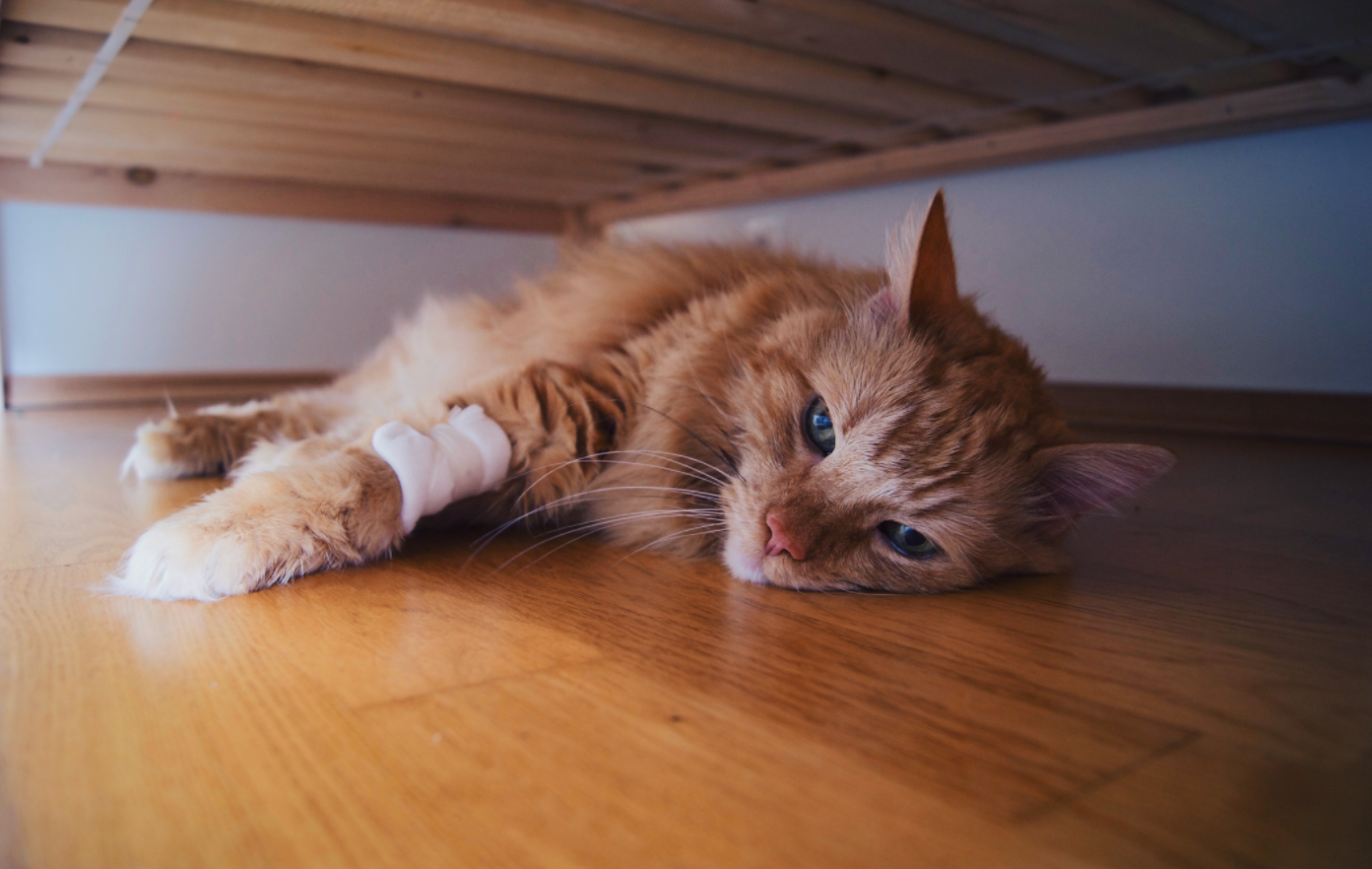
Disease Symptoms in Cats
Signs that your cat may be sick
When you realize that something is really wrong with your cat, it may have been going on for longer than you thought. Note subtle changes in behavior and keep observing her for more. Observe your cat's demeanor and body language. Never ignore obvious signs of illness. When in doubt, consult your veterinarian for advice.
1. Vomiting
Vomiting in cats is not normal. Some people think it's normal for cats to vomit for a few days, but it's not. Occasional vomiting or the occasional hairball is not alarming, but anything more than that requires a trip to the vet.
2. Diarrhea
Diarrhea in cats can be a sign of fussy food selection, intestinal parasites and various other problems. If left untreated, dehydration and can lead to more intestinal inflammation. It is also very uncomfortable for your cat. So go to the vet and, if possible, even take a stool sample with you before you go.
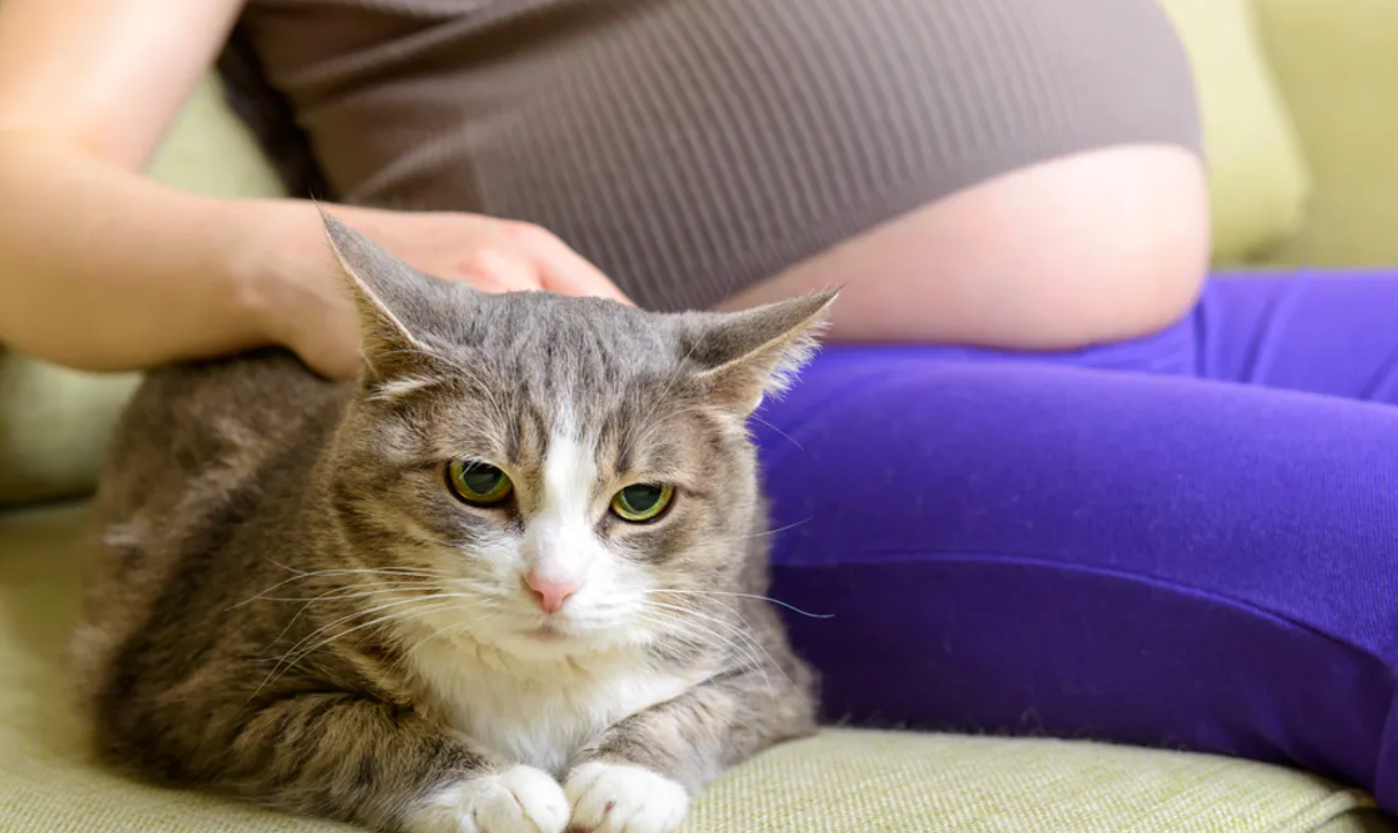
3. Loss of appetite
Loss of appetite can be normal for cats, but it should not be ignored. If your cat skips meals occasionally but continues to eat normally, there is no need to worry. But if your cat stops eating altogether or starts to eat very little, you should take it to the vet. Even a few days without food can cause fatty liver disease or hepatic lipidosis can lead to a serious problem called
4. Increased appetite
Increased appetite can be alarming, especially if it occurs suddenly in an older cat. Hypothyroidism could be the cause, but vets should run tests to be sure. Even in younger cats, increased appetite should not be ignored. Overeating can lead to obesity, even if nothing is wrong.
5. Weight loss or sudden weight gain
Sudden weight loss and weight gain in cats can both be signs of an underlying health problem. Weight loss is more urgent in the short term, while weight gain is usually more harmful over time. If you are unsure if you think your cat is losing weight suddenly or gaining weight gradually, you should make a veterinary appointment for a check-up or at least a weight check.
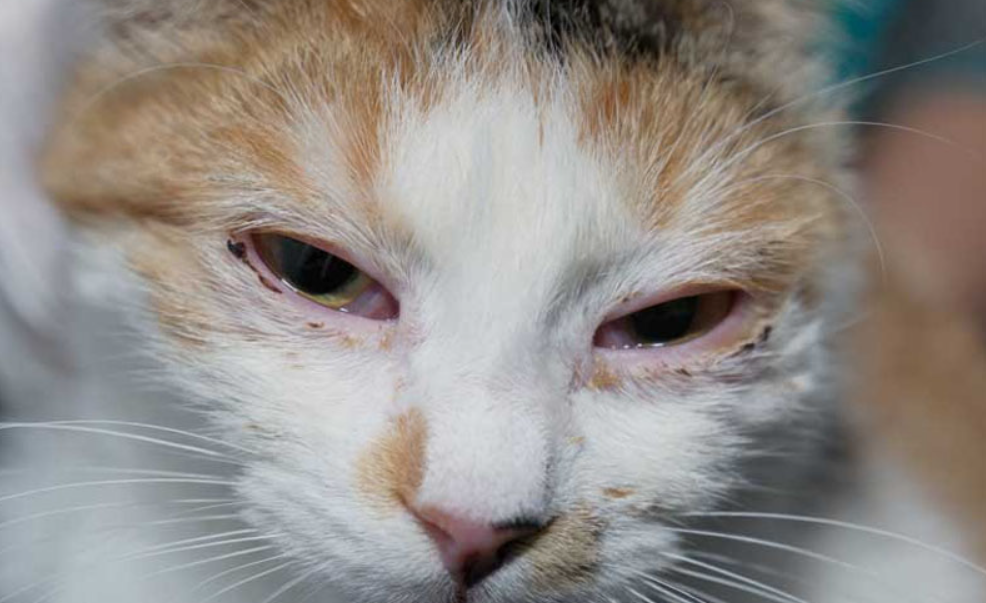
6. Lethargy
Lethargy in cats may indicate a problem, even if it is barely noticeable. It is therefore worth seeing a veterinarian. Continue to observe their behavior if they are sleeping more than usual or just have a generally low energy level.
7. Increased thirst
This can be an indication of many things in cats. Most of the time it means there is a problem with the kidneys or urinary tract. Many owners don't even see their cat drinking water. Therefore, if you start to see your cat near the water bowl more than before, it could mean something.
8. Changes in urination
It is a condition that should always be addressed. It usually indicates a urinary tract infection or kidney problems. If you notice a change in the frequency or amount of urine, inappropriate urination or blood in the urine, make a veterinary appointment. If your cat is having difficulty urinating and nothing is coming out, this can be an emergency, especially in male cats. Take your cat to a veterinarian immediately.
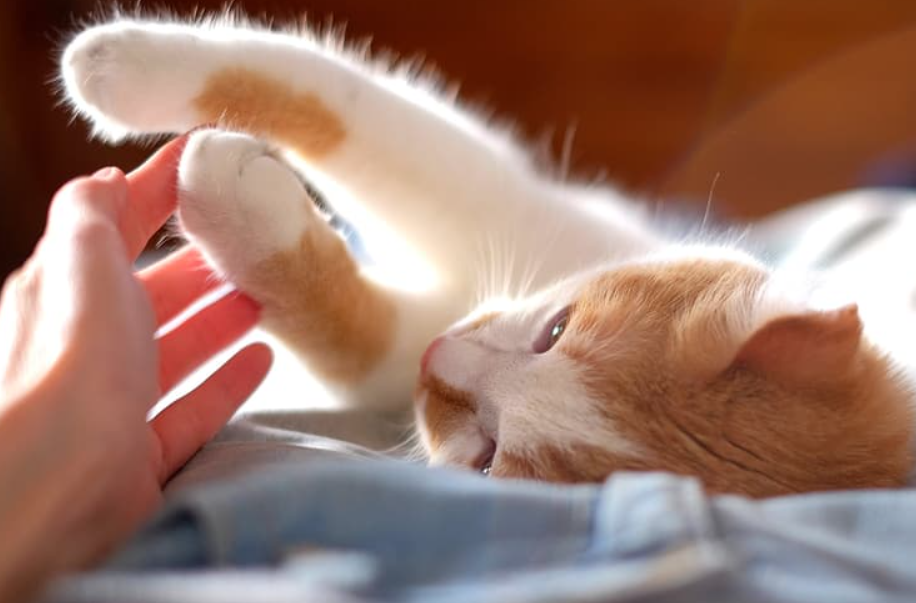
9. Wheezing
Respiratory changes such as wheezing, rapid breathing, shortness of breath and wheezing should never be ignored. If your cat is not breathing normally, it may be best to go to an emergency clinic. Even if the symptoms are very mild, it may be necessary to go to the vet as soon as possible.
10. Discharge from the eyes or nose
Runny eyes and nose are a sign of a possible upper respiratory infection. It can be transmitted to other cats in your household. Your vet can recommend medication to help your cat recover faster.
11. Ear rash or discharge ,
This could mean that your cat has an ear infection or parasites such as ear mites. It is best to go to the vet immediately. Waiting can cause the eardrum to be affected. It's also very uncomfortable for cats.
12. Skin irritation or hair loss
It may be a sign of allergies, external parasites or another skin condition. It is also likely to be painful or itchy. Take your cat to the vet as soon as possible to avoid unnecessary suffering. Your vet can offer treatment options.
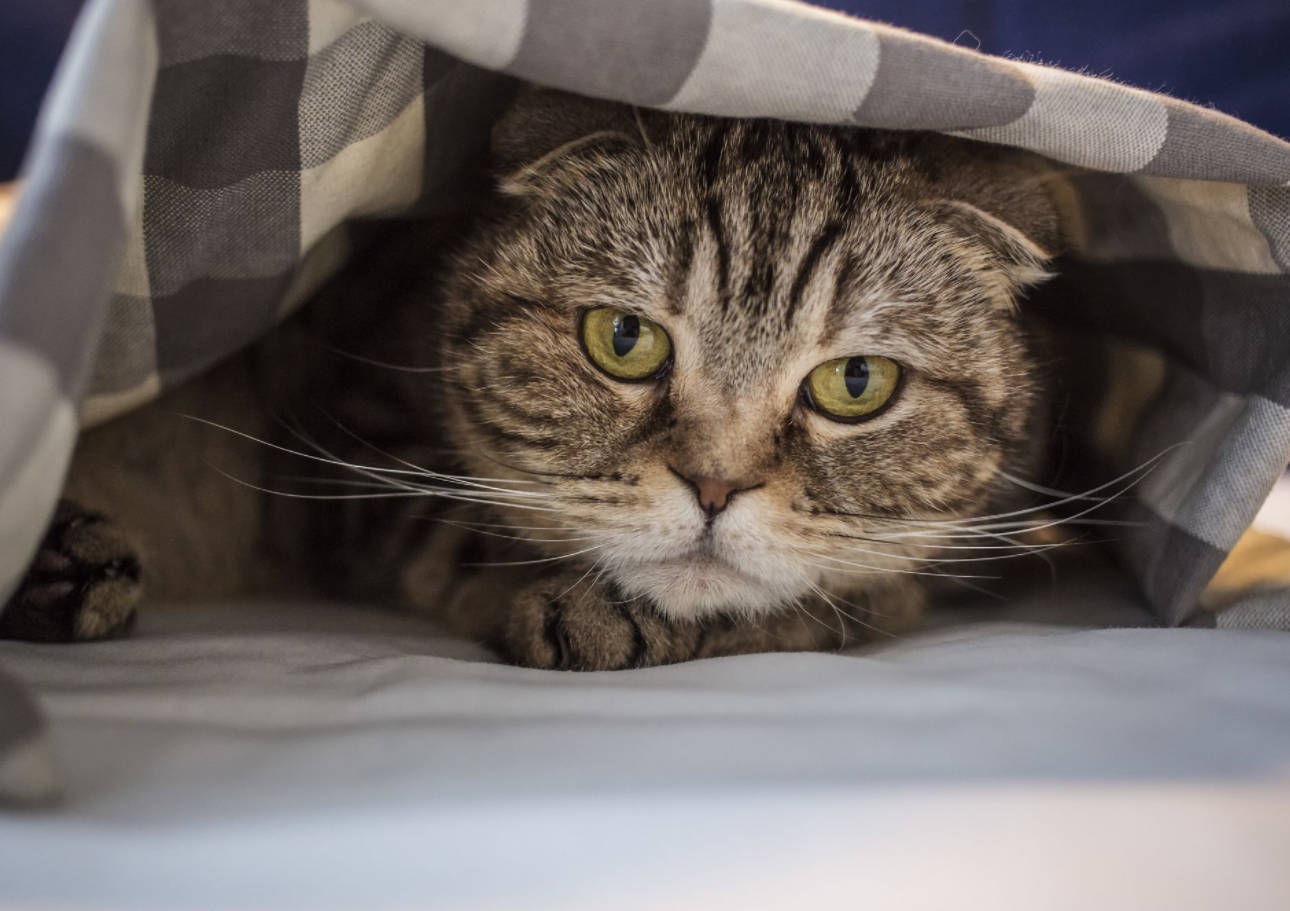
13. Increased meowing
It could mean that your cat is sick, in pain, stressed or just bored. Before exploring the behavioral aspect of this problem, you should make sure that it is not a health issue.
14. Excessive grooming and cleaning
This could be a behavioral problem, but it could also mean that your cat has a skin problem or is in pain.
15. Personality changes
It can be normal when it happens over time, especially as your cat gets older. However, if your normally friendly cat is showing aggression or your happy, confident cat is suddenly acting scared, you may need to take him to the vet. If your cat seems confused or disoriented, this is even more of an emergency.
16. Limping and difficulty standing up
Limping and difficulty standing up can be signs of an injury or a health problem such as arthritis. It is worth seeing your veterinarian.
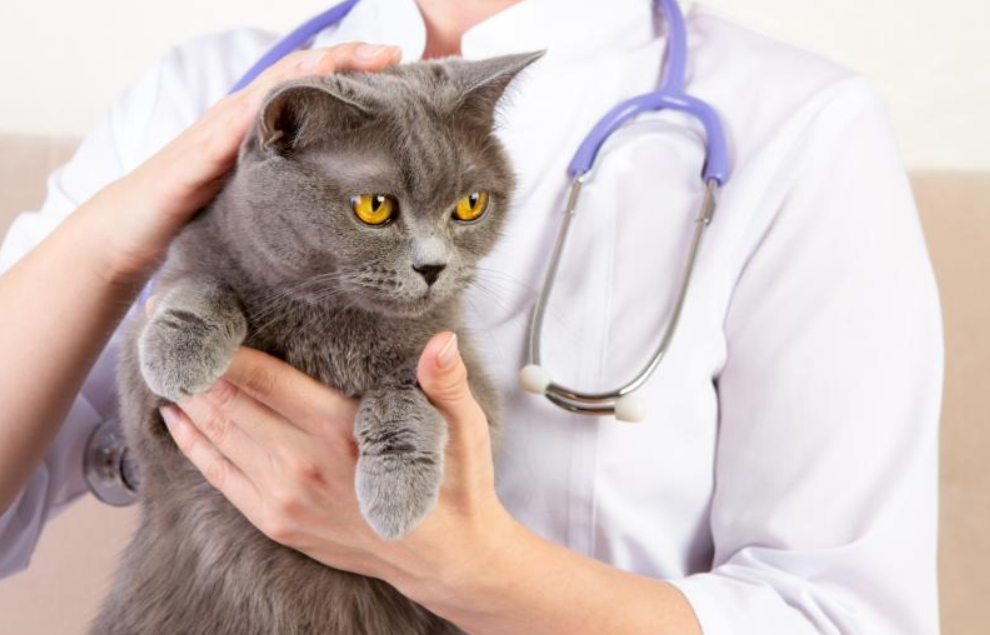
17. Swelling
Swelling in any part of the body should not be ignored. It could be a wound that has turned into an abscess. It could even be a tumor. Watch the swollen area closely. If it is painful, hot to the touch or does not heal within a day or two, see your vet.
18. Bad breath
Bad breath in cats is a sign of dental problems. Mild bad breath may not be urgent, but it means that your cat's teeth should be checked soon. Severe bad breath should be addressed sooner.
19. Excessive salivation and mouth bleeding
If your cat has an oral infection, it exposes the whole body to the bacteria in the mouth. This can lead to problems with the heart and other organs.
Conclusion
Symptoms of illness in cats may not be limited to these. Therefore, continue to carefully observe any behavior or indicators that you find strange in your cat. If possible, go to the vet immediately.
It may attract your attention:
- FIP in Cats: FIP Causes and Treatment in 7 Articles
- How to Solve Behavior Problems in Cats? 5 Solutions
- Diarrhea in Cats: 4 Causes and Treatment of Diarrhea!
- Neutering Cats: 5 Tips for Spaying and Neutering!
- Poisonous Foods for Cats: 6 Poisonous Foods!
- Cat Vaccine Prices 2021: With All The Details!
- Why Do Cats Vomit? Pay Attention to These 6 Headlines!
- Can Cats Be Bathed? 6 Important Things You Need!
